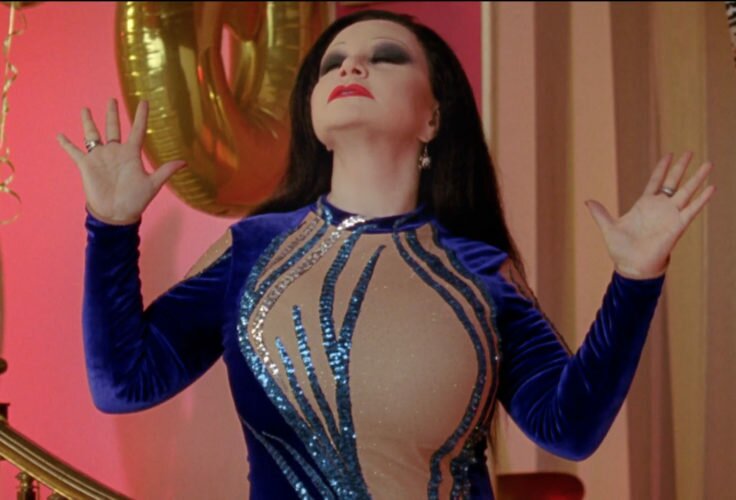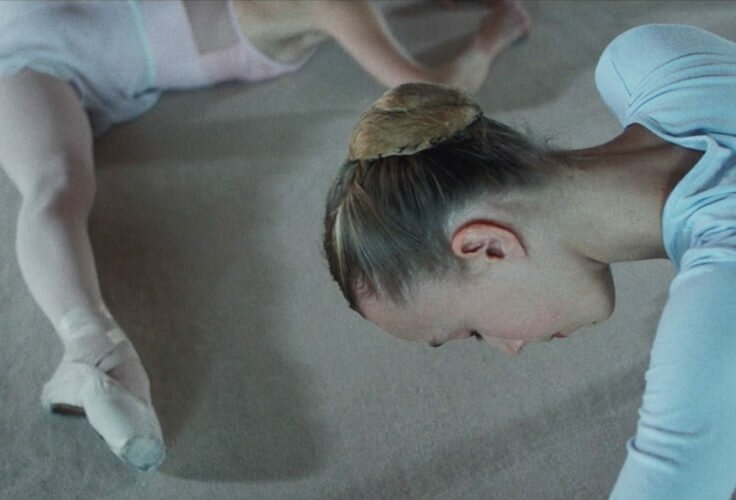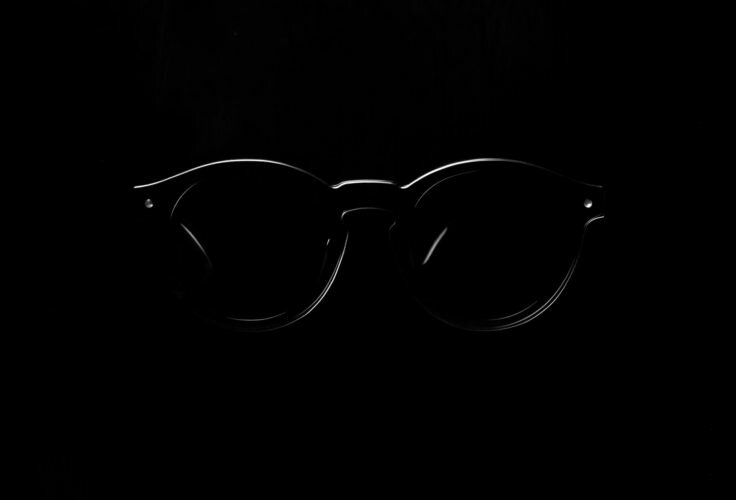Drake ha hecho un videoclip sobre recibir un tartazo en la cara, Child’s Play. Tyra Banks es la lanzadora. Y Ben Tuthill el testigo.
By Ben Tuthill
Let’s get the obvious out of the way first. Formation is probably the best video Beyoncé has ever made. It’s probably the best video Melina Matsoukas has ever made. It’s timing, it’s politics, it’s pure visual luxury, are beyond admirable. It is very likely one of the best videos of all time, and I can almost say that without making a 2009 VMAs joke.
All of this is obvious and has been dutifully reported by the politely progressive entertainment press. Universal celebration is fine when it comes to perfection, and Formation deserve nothing but praise. But when something this good (and arguably this important) happens, it’s always beneficial to be critical. This is especially true when radical politics are on the table. Something that feels like revolution (when presented in collusion with capitalism’s greatest event and endorsed by it’s biggest publications) is rarely revolutionary. So it seems right, as one of the world’s most famous people starts speaking the language of what is becoming America’s predominant anti-establishment movement, to ask: what are my radical politics doing at the ?
The release and performance of Formation, I would argue, is the moment that Black Lives Matter, the adopted name of the American anti-police minority identity movement, becomes an accepted household presence. For a minority political movement to become an accepted household presence can mean one of two things. The happy narrative, the one that progressive America feeds on, states that widespread mass movement has gained enough popular power to overcome the conservative status quo. The alternative, bleaker narrative states that conservative forces have recuperated a radical movement and converted it into light entertainment. America has seen this drama play out over and over again: Martin Luther King Day, the X Games, the commercialization of the environmental movement… the list goes on and on. Our two central mythologies are equality and capitalism, and the combination of the two is our greatest reactionary palliative. Nothing shuts up a disgruntled American radical like a well-targeted advertisement.
Formation is, ostensibly and essentially, a celebration of Southern American Blackness. It’s striking to see Beyoncé adopt that celebration. Prior to 2016 she’s done little to publicly express interest in her racial (much less Southern) identity. The typical backdrop for her videos is whatever is currently marketable: , , . It’s not hard to isolate the cynicism here (the past year sees the resurgence of racial identity politics) and just as the position starts to feel solid, Beyoncé comes along with a radically Black Katrina video.
This would feel less problematic if we could see some precedence. Unfortunately, for someone as controlled as Beyoncé, precedents aren’t really on the table. Other than a couple vague indicators, we have no idea what Beyoncé thinks about anything. The Beyoncé we know is for the most part an idealized entertainment commodity: , #alwaysonbeat, , , mixed race, happily married, and, outside of her own media, immaculately *silent*. Her total image control makes her the perfect vehicle for commodity entertainment. Whether she’s complicit in the creation of that commodity-self is moot; there’s really no evidence for or against her personal autonomy. The Beyoncé we know is just Beyoncé™: apolitical, impersonal, and fundamentally uncontroversial.
In many ways, Formation feels like Beyoncé’s first real video. But given her history I have no reason to believe that (her chief virtue has always been her marketability). That marketability doesn’t for a second mar the perfection of this video, the empowerment (or sheer entertainment) that anyone receives from it, the positive force of a line “I like my baby heir with baby hairs and afros”. In no way does it cast a negative light on the image of Beyoncé sinking into the Mississippi River on top of a police cruiser, an act that beats out anything Kendrick Lamar did to a cop car in 2015. But the deployment of that image, by the queen of neo-normativity, at the Super Bowl, for the purpose of self- (that is, label-) promotion, feels just a bit reactionary.
It’s a central irony of American liberalism that the common aim of our minority movements is mass acceptance. We want a Jewish man in the White House, we want queer people on TV, we want people of color at the Oscars. We embrace the inappropriable differences of our identities, but more than anything we want those identities to be affirmed by television commercials. is the manifestation of our politics of willing assimilation. Formation is a proud and uncompromising declaration of American Blackness, performed by our most beloved entertainment product on the eve of generic Americana’s supreme capitalist bacchanalia. It feels good to have our politics affirmed. But what’s the cost? Formation‘s phenomenal success indicates first and foremost that the Black Lives Matter movement has been deemed acceptable by the Triple Entente of Sony, CBS, and the National Football League. Maybe that’s a sign of progress. But it’s worth questioning what that progress means.































